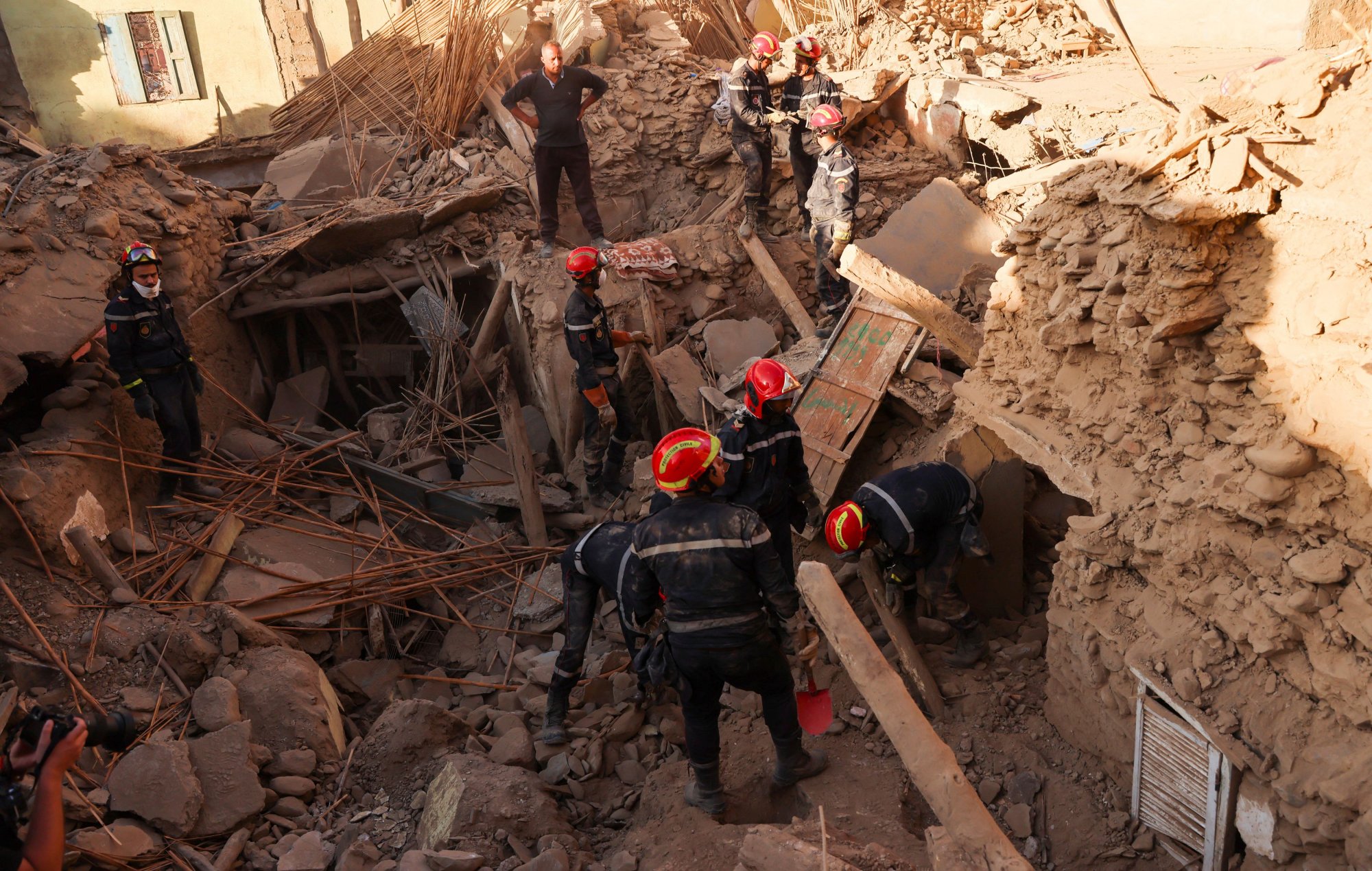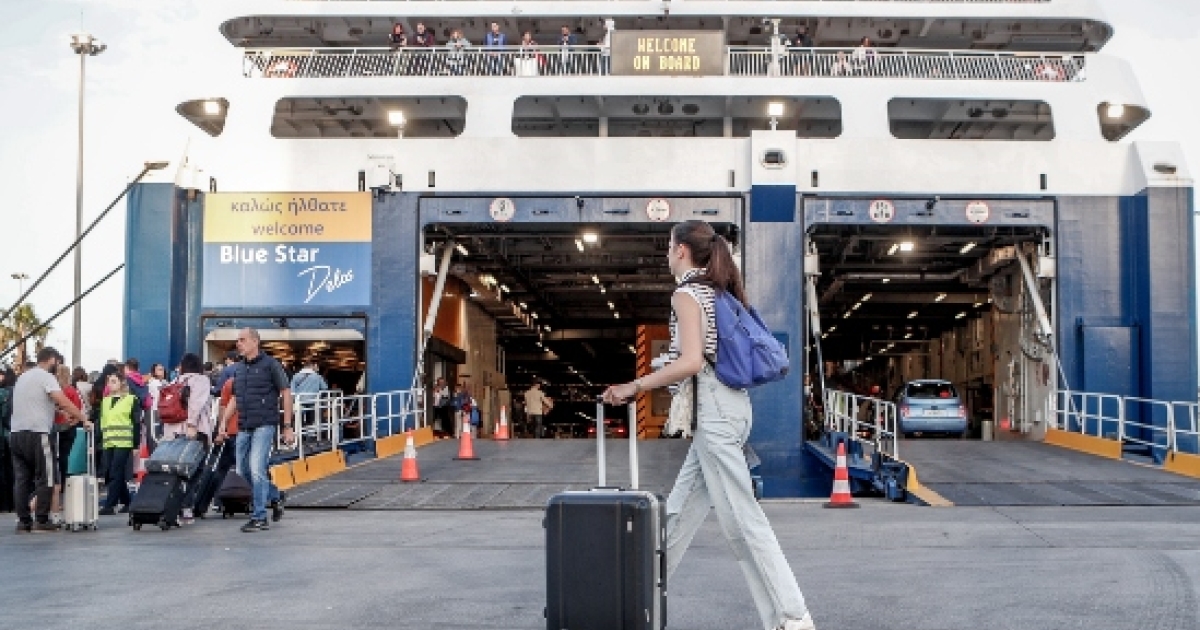
A few days ago, the largest earthquake in the past sixty years occurred in Morocco, leaving more than 2,800 dead and thousands injured. A few hours later, governments from all over the world offered assistance to Morocco. To everyone’s surprise, the Moroccan government was very slow to accept support.
especially, According to a report by the Washington PostOfficials from France, Germany, Italy, and the United States said they were waiting for their request to be accepted by the Moroccan authorities in order to help as much as they could in liberating citizens from the wreckage of the deadly enclave.
What applications have been accepted?
While everyone was expecting a quick acceptance from the Moroccan government, the Moroccan Interior Ministry announced on Sunday that it would initially only accept search and rescue teams from Britain, Qatar, Spain and the United Arab Emirates – which it described as “friendly countries” – after taking into account “the needs of the field.”
However, until the above-mentioned decision was taken, the reluctance of the Moroccan authorities to accept offers of humanitarian and technical assistance, at a time when it was most needed, was clear.
The reluctance of the Moroccan authorities to receive humanitarian and technical assistance from foreign countries
Rescuers put the stranded man on a stretcher
The request of the United States and France was rejected
After the Ministry of Interior announced, the Moroccan authorities did not agree to the requests of the United States and France. For his part, US Secretary of State Anthony Blinken said, “Washington immediately contacted the Moroccan government to offer any assistance we can provide.”
He went on to say, “We are waiting to hear from the Moroccan government to find out how and where we can help,” Blinken said. USAID has not responded to whether it has mobilized teams or aid yet.
As for France, which ruled Morocco as a colonial power from 1912 to 1956, the lack of support was met with surprise and raised speculation that the cooling of relations between Paris and Rabat over immigration and other issues played a role. French Foreign Minister Catherine Colonna said that about 60 other countries, including France, had offered assistance, but she stressed that she believed the controversy was exaggerated.
She added that for this reason, France decided to grant $5.4 million to French and international non-profit organizations working on the ground in Morocco, and is ready to provide more support to Morocco.
German assistance was not accepted
Among the countries that recently sent aid without the approval of the Moroccan government is Germany. But the 50-strong team, sent by Germany’s technical assistance service and gathered at Cologne Bonn airport over the weekend, returned on Sunday after the offer was rejected.
The fast-growing unit is “ready at short notice to use its technical expertise to provide humanitarian assistance to Morocco,” the agency’s head, Sabine Lackner, said in a press release. The agency sent a team of 50 people to Turkey and Syria for four months after the devastating earthquake that struck the country earlier this year. It is now “investigating whether and how the country can be helped by providing aid supplies.”
The scale of the disaster in Morocco
What analysts say
Regarding the above, Samia Razouki, an expert in Moroccan history and governance, said that even if the country’s authorities wanted to accept foreign aid, obtaining permission required approval from above, and any such request could easily get bogged down in a bureaucratic chain of command. . He said that the Moroccan system is centralized and controlled, meaning that nothing can happen until approval comes from the top person.
The reluctance to authorize a wide range of aid could be due to a reluctance to allow or a loss of control over the narrative about conditions in earthquake-affected communities. The influx of foreign rescuers “may be a source of concern for the Moroccan state, because it may highlight issues that many of us are trying to point out [δεν] viable and lives are at stake.”

“Hipster-friendly coffee fanatic. Subtly charming bacon advocate. Friend of animals everywhere.”





More Stories
Slovakia: Fico is back in surgery – and his condition remains serious
Only two countries will survive in the event of a nuclear war
A ship carrying weapons to Israel was not allowed to dock